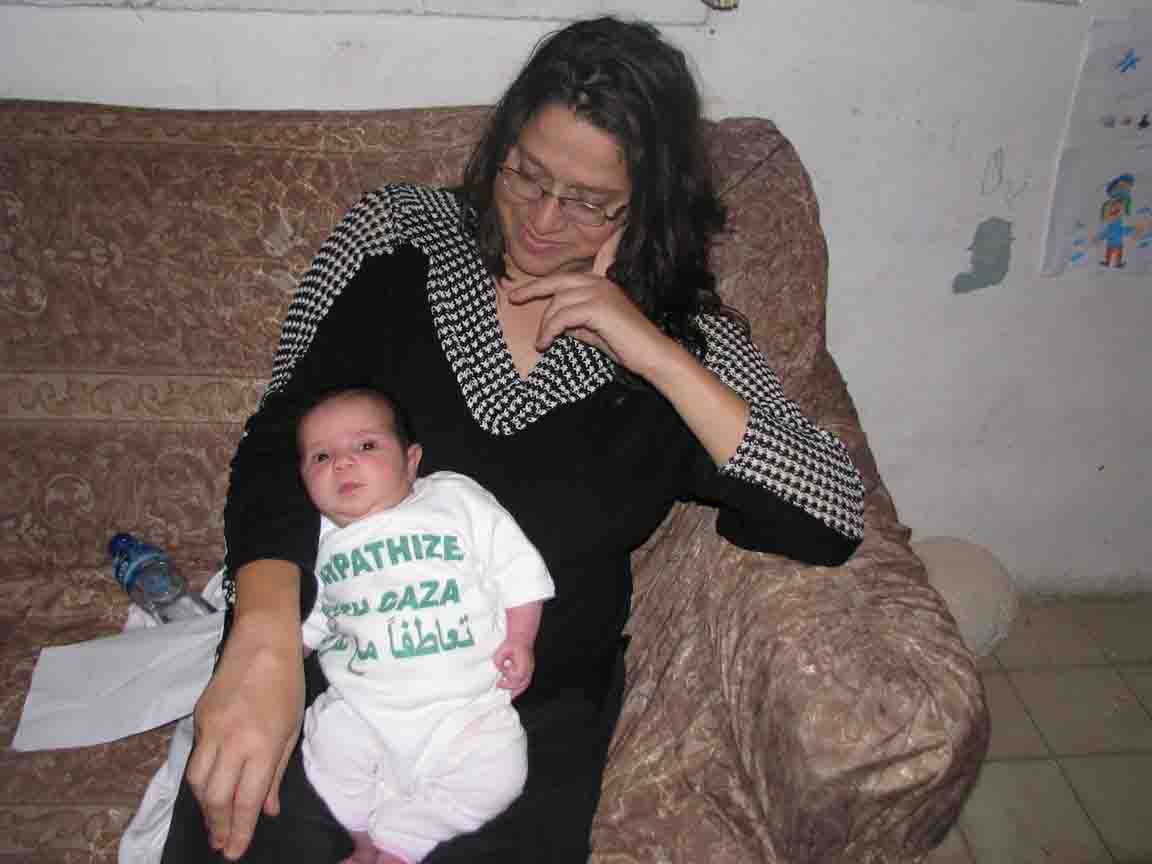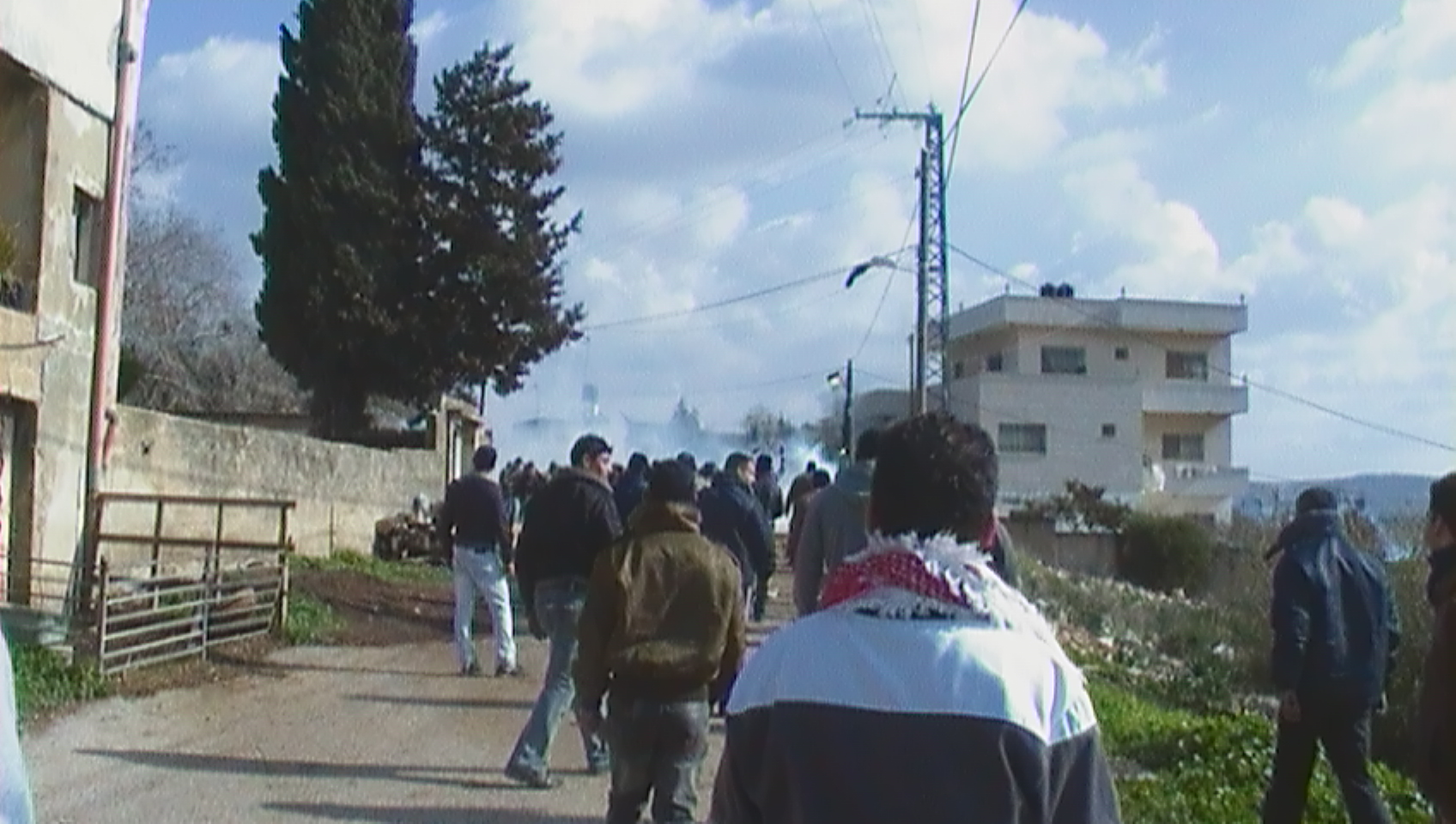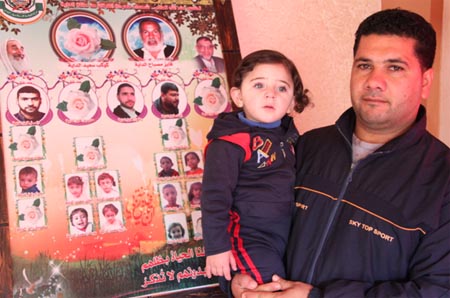-
ISM turns ten
7 January 2012 | International Solidarity Movement- Northern California As one of the co-founders of the International solidarity movement (ISM) I often refer to ISM as my first baby. Well, my first baby is now an independent unruly and uncontrollable ten-year-old and I am one proud Mama. But I am one of ISM’s many proud […]
-
Kufr Qaddoum marches forward despite threats of violence
by Alex 7 January 2012 | International Solidarity Movement, West Bank At noon on the 6th of January, 2012, a demonstration was held in the village Kufr Qaddoum, located just outside Nablus. The people gathered after the Friday-prayer and started marching along the main road that runs through the village. This road was, until the […]
-
6 January 2009: Al-Dayah family
6 January 2012 | Palestinian Centre for Human Rights “The bodies of nine of those killed were not found, including the bodies of my wife and my children. I tried my best with the civil defense personnel to find their bodies. All we found were pieces of flesh that were unidentifiable.” On 6 January 2009, […]
Action Alert An Nabi Saleh Apartheid Wall Arrests BDS Bethlehem Bil'in Cast Lead Demonstration Denial of Entry Ethnic Cleansing Farmers Gaza Global Actions Hebron House Demolition International law Israeli Army Jerusalem Live Ammunition Nablus Ni'lin Prisoner Ramallah Rubber-coated steel bullets Settlement Settlers Settler violence Tear-Gas Canister Video



